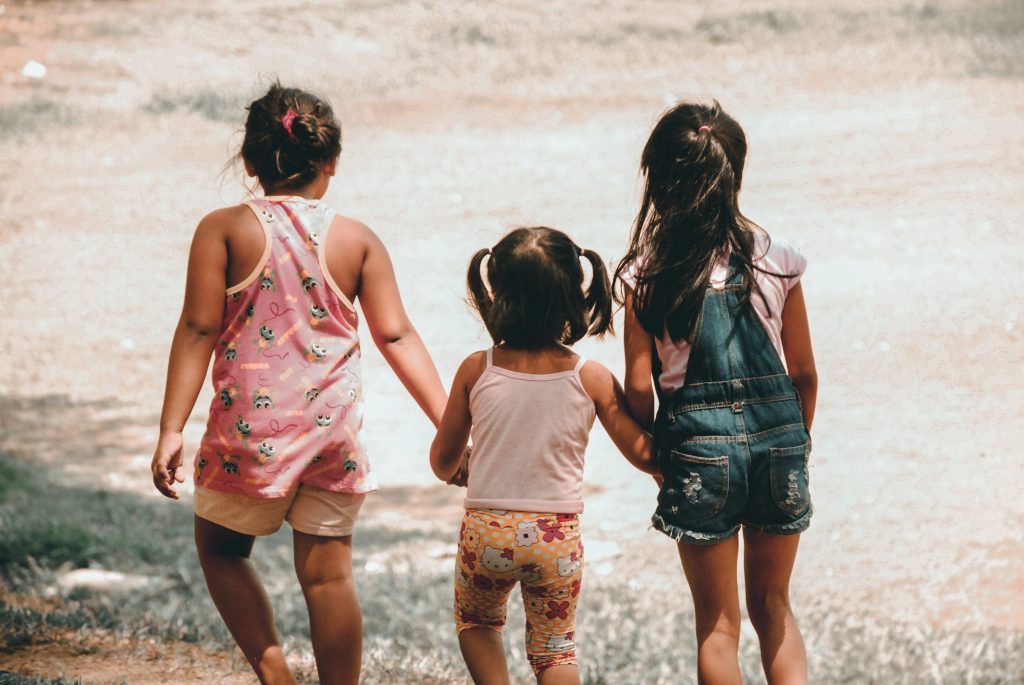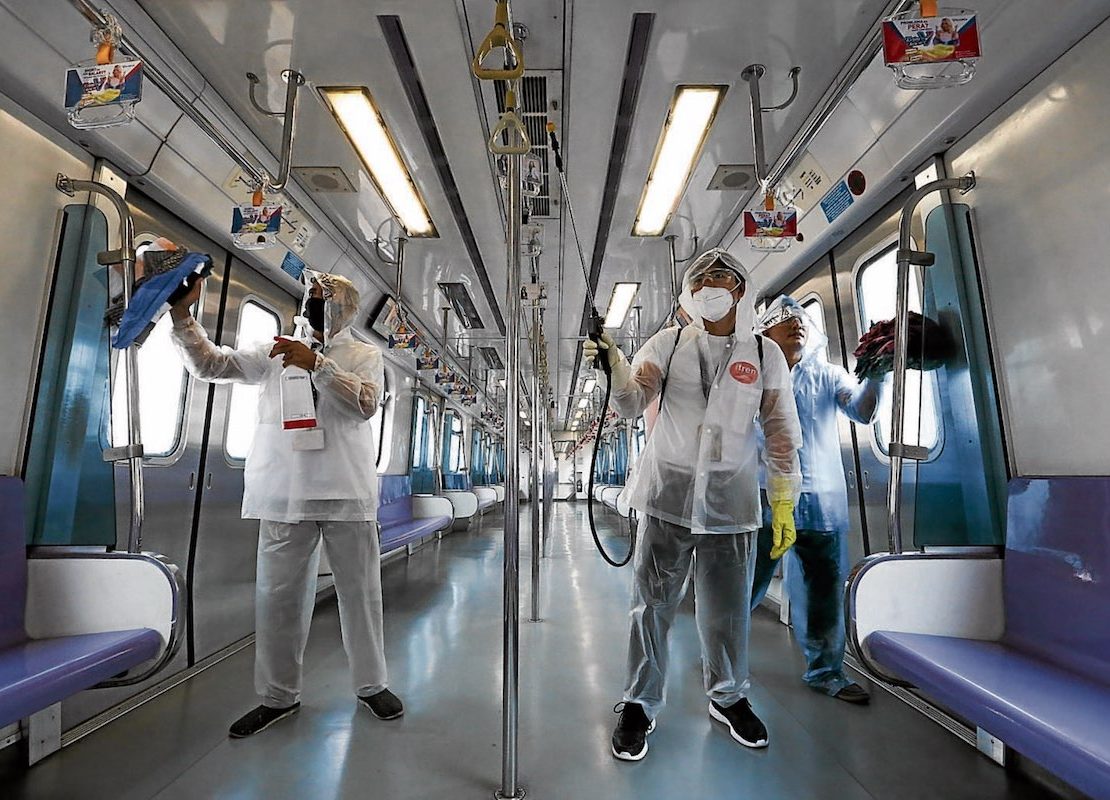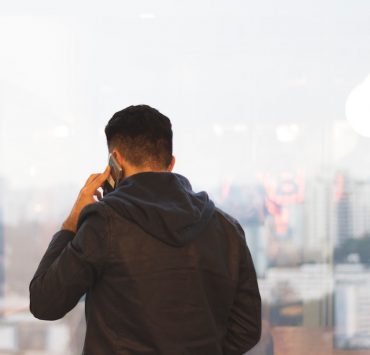We are in the middle of an epidemic. After the Department of Health confirmed cases of local transmission of the coronavirus on Sunday, the number of reported cases immediately shot up (the current tally as of writing is 30). The president himself proclaimed a state of public health emergency.
Since then, many immediate measures have been taken to prevent the virus. The DOH recommended social distancing. The Department of Education has suspended classes. Even public transportation, the bane of daily life, is taking steps, with trains being disinfected at every stop. What’s missing, however, are measures to take care of the workforce.
The workforce
Around 7,000 Filipinos will be expected to be laid off as an aftermath of the coronavirus outbreak, Trade Union Congress of the Philippines (TUCP) reported earlier last week. This statement was made after Philippine Airlines laid off 300 workers to deal with the travel ban. This does not include the number of OFWs who could potentially see the loss of their jobs due to the epidemic—“as migrant workers, they are particularly vulnerable when their host countries suffer an economic downturn, such as from curtailed trade and travel because of the virus outbreak. They become [the] last priority in the distribution of limited resources, including jobs and health care.”
More than 300 workers of 19 tourism-related establishments have lost their jobs since February due to the coronavirus outbreak that has curtailed air travel, particularly from China, one of the country’s biggest tourist markets, the DOLE said. https://t.co/qVnIUd0Ty2 pic.twitter.com/EreZ9Xkfhw
— Inquirer (@inquirerdotnet) March 11, 2020
But let’s zero in on the workforce operating inside the country for now. The working class are particularly vulnerable, economically-speaking. They are the ones who are potentially seeing the loss of their jobs. But they’re also the ones who are also the most vulnerable to contracting the virus.
One of the quirks of the virus is that it targets the elderly and “mysteriously spares the young.” There truly aren’t that much known yet about the virus, and so scientists still haven’t figured out exactly how it affects the young—one study suggests that “kids are just as likely to get infected [but] they’re not getting sick.” Whatever the case is, it’s true that worldwide, the older a person is, the more likely they are to succumb to the virus, as shown in this graph by the Chinese Center for Disease Control and Prevention.
That’s why it doesn’t make sense that the labor department has not implemented more steps to keep workers safe. On Mar. 4, the Department of Labor and Employment posted guidelines on dealing with the coronavirus, which consisted of different schemes for “flexible work arrangements.” The three mentioned in the guidelines are reduction of work hours, rotation of workers (which, by the way, was the very thing security guard Archie Paray pointed out hurts many workers) and forced leave.
DOLE so far has not called for a temporary suspension of work, or a mandatory implementation of work from home arrangements.
The children

Now that classes have been suspended, an important question has arisen: who’s going to look after the children?
It would be unwise—even outright dangerous—to assume that all families with children have provisions in place for situations like these. A well-off family might have a caretaker to look after the children, and a larger close-knit one might have a relative or two who are not working who could do it. Keywords here are “not working.”
What is childcare like during the time of coronavirus? We already know that the measures in place to protect the workforce are insufficient, so if the parents don’t already have an existing support system at home, this will mean many parents will take extended leaves (which are often frowned upon by employers, because we live in a society deeply entrenched in late-stage capitalism, which could threaten their job security) to take care of their children. On the other hand, if the parents cannot afford to not go to work, this will mean a lot of latchkey kids.
The class suspension brought about by the outbreak isn’t like other kinds of class suspensions where leaving behind children might not be so disastrous, like during class suspensions due to the weather. Though the pattern of people affected seems to be more on the elderly side, that isn’t set in stone, and children have still been affected, just less so. They can also spread the virus. Children have been suspended from classes specifically to curb the spread of the virus; leaving them on their own and potentially be infected and infect others undermines that.
The labor department should think about this, too. Parents take up much of the workforce—not being able to work from home or being scared to take a leave hurts them and their families.
Featured photo courtesy of Inquirer.net
Get more stories like this by subscribing to our weekly newsletter here.
Read more:
Don’t use the coronavirus outbreak as an excuse to be racist
Your phone can carry coronavirus for 9 days. Here’s how to disinfect it
Why working from home is a needed precaution during the rise of COVID-19
Writer: ZOFIYA ACOSTA




